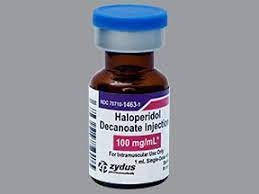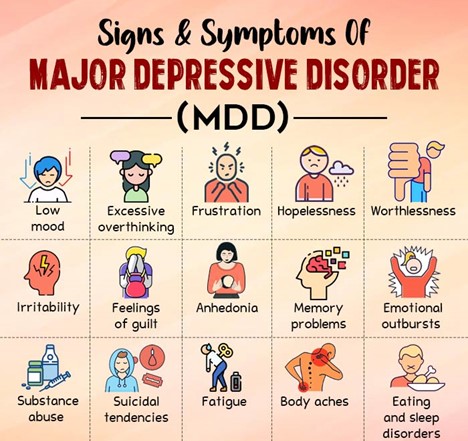A nurse is caring for a client who has anorexia nervosa and overexercises to avoid gaining weight. Which of the following nursing actions should the nurse take?
Praise the client for looking at herself in a mirror.
Ask the client to agree to talk to a nurse whenever she feels the urge to exercise.
Reprimand the client about the potential damage that has occurred due to overexercising her body
Restrict the client from being weighed.
The Correct Answer is B
A. Praise the client for looking at herself in a mirror.
While body image concerns are common in anorexia nervosa, praising the client for looking at herself in a mirror may inadvertently reinforce the focus on appearance and body image, which can be counterproductive.
B. Ask the client to agree to talk to a nurse whenever she feels the urge to exercise.
Explanation: For a client with anorexia nervosa, overexercising can be part of the unhealthy behaviors associated with the disorder. Collaborative communication is important in addressing and managing these behaviors. Asking the client to agree to talk to a nurse whenever the urge to exercise arises is a supportive approach. It allows the nurse to provide emotional support, explore the client's motivations and triggers for overexercising, and work together on finding healthier coping strategies.
C. Reprimand the client about the potential damage that has occurred due to overexercising her body.
Reprimanding the client may lead to feelings of guilt and shame, which are counterproductive in supporting recovery. A more empathetic and supportive approach is needed.
D. Restrict the client from being weighed.
Restricting the client from being weighed might exacerbate anxiety around weight gain and contribute to the client's preoccupation with weight. However, monitoring weight under the supervision of healthcare professionals is important in managing anorexia nervosa.
Nursing Test Bank
Naxlex Comprehensive Predictor Exams
Related Questions
Correct Answer is ["0.75"]
Explanation
To calculate the volume (ml) of haloperidol decanoate needed for a dose of 75 mg, you can use the following formula:
Volume (ml) = Dose (mg) / Concentration (mg/ml)
Given:
Dose = 75 mg
Concentration = 100 mg/ml
Plugging in the values:
Volume (ml) = 75 mg / 100 mg/ml
Volume (ml) = 0.75 ml
Rounding to the nearest hundredth:
Volume (ml) = 0.75 ml
So, the nurse should administer 0.75 ml of haloperidol decanoate for the dose of 75 mg.

Correct Answer is A
Explanation
A."You've been feeling that your life has no meaning."This response reflects active listening and acknowledges the client's emotions. Itreflects the client's feelings and encourages them to express more about their emotions and thoughts. It shows empathy and understanding, which can help build trust and rapport.
B. "You have a great deal to live for" may seem dismissive and does not address the client's current feelings of worthlessness.
C. "It's not unusual for depressed people to feel that way" can come across as minimizing the client's unique experience and does not provide support or encourage further discussion.
D. "Why do you feel you are worthless?" might make the client feel defensive or overwhelmed, and it does not offer the same level of empathy and support as reflecting their feelings would.

Whether you are a student looking to ace your exams or a practicing nurse seeking to enhance your expertise , our nursing education contents will empower you with the confidence and competence to make a difference in the lives of patients and become a respected leader in the healthcare field.
Visit Naxlex, invest in your future and unlock endless possibilities with our unparalleled nursing education contents today
Report Wrong Answer on the Current Question
Do you disagree with the answer? If yes, what is your expected answer? Explain.
Kindly be descriptive with the issue you are facing.
